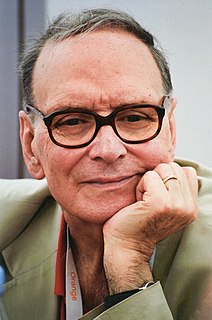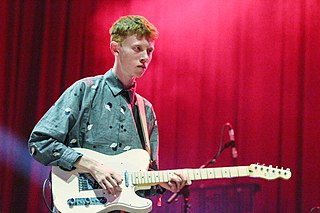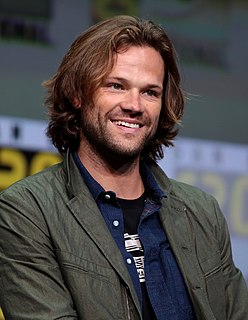A Quote by S. E. Hinton
How a piece ends is very important to me. It's the last chance to leave an impression with the reader, the last shot at 'nailing' it. I love to write ending lines; usually, I know them first and write toward them, but if I knew how they came to me, I wouldn't tell.
Related Quotes
Popularity doesn't bother me. It attests to the affection and comprehension of the public. The important thing is to retain the pioneer spirit. I profoundly love the profession, and I work on each film as if it were the first - and the last. Giving the best of myself. Many of the 'greats' ask their arranger to write their scores for them. Me, I write all alone, from the first note to the last. All.
As soon as I start to write I'm very aware, I'm trying to be aware that a reader just might well pick up this poem, a stranger. So when I'm writing - and I think that this is important for all writers - I'm trying to be a writer and a reader back and forth. I write two lines or three lines. I will immediately stop and turn into a reader instead of a writer, and I'll read those lines as if I had never seen them before and as if I had never written them.
When I realized I could write lyrics and let someone that I knew listen to them, but not know that the song was about them - say it was a girl. I could write this song about how I feel about this girl, I could play it to them. I just loved it, because all of the words would speak to them. I could see them slowly falling in love with me.
Do you know how some people can do anything?” “What do you mean?” “I mean, you tell them to write a tune, they give you a symphony right there. You tell them to write a book, they write you a novel in a day. You tell them to move a spoon without touching it, they move it. If they want something, they make it happen. Miracles, almost.
I'm surprised how often I'm asked about being a man with a woman narrator. I'm not the first, nor will I be the last. It's been done forever, but we seem to forget that. The whole notion of "write what you know" is not just boring, but wrong. Lately it seems like every novel has to be a memoir. I'm a boring person, but I'm a writer with a relatively vivid imagination. And when people ask me about how I find the voice of a woman, I tell them that my life is run by women.
I will write in words of fire. I will write them on your skin. I will write about desire. Write beginnings, write of sin. You’re the book I love the best, your skin only holds my truth, you will be a palimpsest lines of age rewriting youth. You will not burn upon the pyre. Or be buried on the shelf. You’re my letter to desire: And you’ll never read yourself. I will trace each word and comma As the final dusk descends, You’re my tale of dreams and drama, Let us find out how it ends.
When a friend of mine introduced me to the music of Luca C & Brigante I was stuck with an apocalyptic feeling, as if I were listening to the sound of a party at the end of the world. And with such strong imagery coming to mind I was only too happy to write with them when they asked. Flash of Light is about that last night on earth, a forewarning of the end of an era and a last chance to Love.
A distinguished man should be as particular about his last words as he is about his last breath. He should write them out on a slip of paper and take the judgment of his friends on them. He should never leave such a thing to the last hour of his life, and trust to an intellectual spurt at the last moment to enable him to say something smart with his latest gasp and launch into eternity with grandeur.
On New Year's Eve, my dear friend lost his battle with depression . . . Though he wasn't the first friend I've lost to suicide, I sure hope he's the last. I wish I had the chance to go back and tell them what they meant to me. I wish I had the chance to beg them to seek help, to keep fighting. I wish they knew that they were surrounded by countless others who struggle on a daily basis.





































